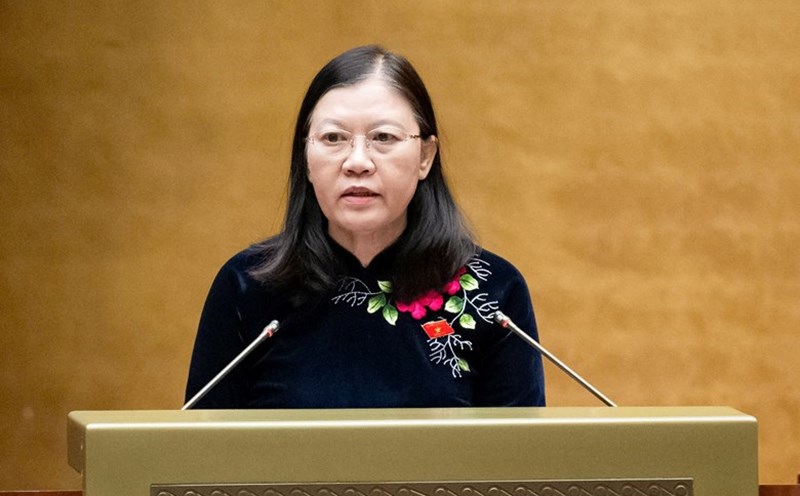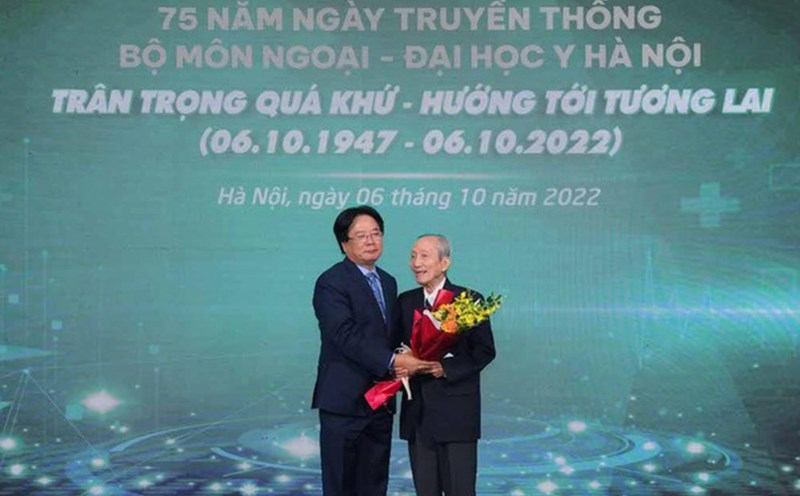Regulations on the application of electronic monitoring measures are stipulated in Article 139 of the Law on Juvenile Justice, which was just passed by the National Assembly on the morning of November 30.
Specifically, Article 139 stipulates the application of electronic monitoring measures as follows:
1. Electronic monitoring is an alternative preventive measure to detention. Based on the nature and level of danger to society of the behavior and the personal background of the minor who is the suspect or defendant, the Investigation Agency, the Procuracy, and the Court may decide to place them under electronic monitoring.
2. Suspects and defendants under electronic surveillance must make a written commitment to fulfill the following obligations:
a) Not leaving the surveillance area, except in the case specified in Clause 5 of this Article;
b) Be present in response to the summons, except in cases of force majeure or objective obstacles;
c) Not to flee or continue to commit crimes;
d) Do not bribe, coerce, or incite others to make false statements or provide false documents; do not destroy or forge evidence, documents, or objects of the case, or disperse assets related to the case; do not threaten, control, or take revenge on witnesses, victims, whistleblowers, or their relatives;
d) Do not remove, destroy electronic monitoring equipment or disrupt the operation of electronic monitoring equipment.
3. The Head and Deputy Head of the Investigation Agency, the Chief and Deputy Chief of the Procuracy, the Chief Judge and Deputy Chief Judge of the Court, the Judge presiding over the trial, and the Trial Panel have the right to issue decisions on electronic monitoring of minors who are suspects and defendants and must clearly state the scope of monitoring. The decisions of the Head and Deputy Head of the Investigation Agency must be approved by the Procuracy of the same level before being implemented.
4. The period of electronic monitoring shall not exceed the period of investigation, the period of decision on prosecution, the period of preparation for first instance trial, and the period of preparation for appeal trial as prescribed in this Law. The period of electronic monitoring for a person sentenced to imprisonment shall not exceed the period from the date of sentencing to the time the person begins serving the prison sentence.
5. The person who decides to apply electronic monitoring measures must immediately send this decision to the minor who is the suspect or defendant, and their representative; immediately notify the People's Committee of the commune where the minor who is the suspect or defendant resides of the application of this measure and hand over the minor who is the suspect or defendant to the People's Committee of that commune for execution.
In case a minor is a suspect or defendant who, due to force majeure or objective obstacles, must temporarily leave the area of supervision, he/she must have the consent of the People's Committee of the commune where he/she resides and must have a permit from the person who issued the decision to apply electronic monitoring measures. This permit must be sent to the People's Committee of the commune where he/she resides.
6. The accused or defendant who violates the obligation to guarantee as prescribed in Clause 2 of this Article shall be detained. The People's Committee of the commune where the accused or defendant resides must immediately notify the agency that issued the decision to apply electronic monitoring measures of the violation for handling according to its authority.
7. The cancellation or replacement of electronic monitoring measures shall be carried out in accordance with the provisions on cancellation or replacement of preventive measures of this Law and the Criminal Procedure Code.
8. The Government shall detail this Article.
The implementation of electronic monitoring measures is guaranteed by the State Budget.
Article 139 stipulates the application of electronic monitoring measures effective from January 1, 2028, two years after the general effectiveness of the law to ensure sufficient time to prepare conditions for implementation.









